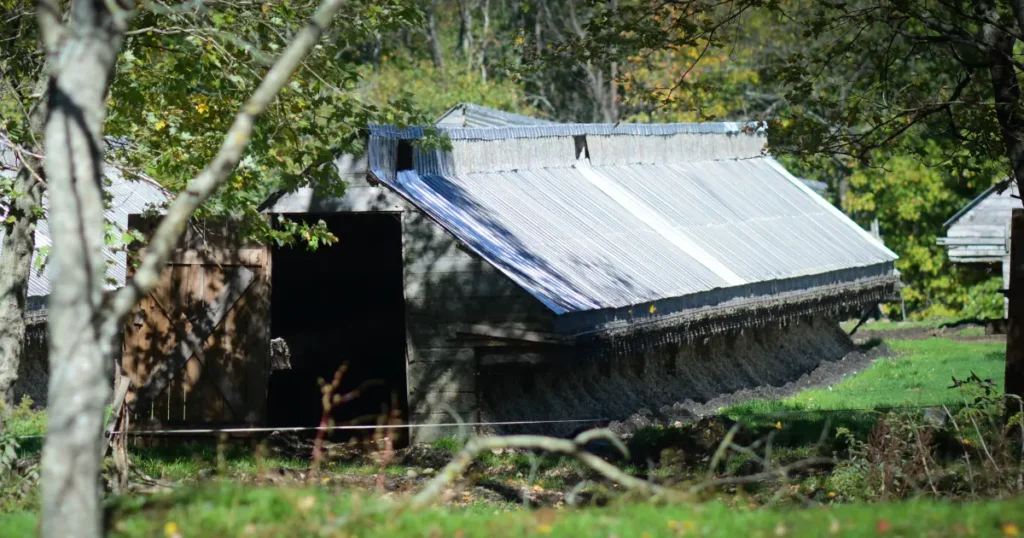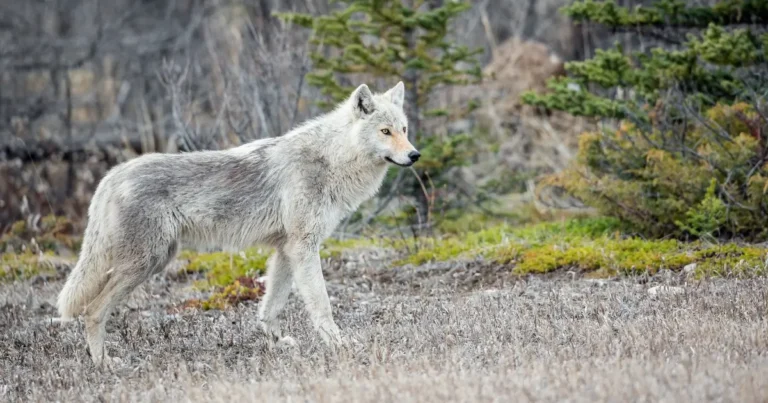
A mink farm industry group is rejecting pandemic prevention measures in a submission to the Standing Committee on Health. Bill C-293, An Act respecting pandemic prevention and preparedness, is a private member’s bill introduced by MP Nathanial Erskine-Smith in the House of Commons on June 17, 2022.
If passed, the legislation would require a review of Canada’s response to the COVID-19 pandemic and calls for the creation of a pandemic prevention and preparedness plan. This is a critical piece of legislation, as pandemic risks remain in Canada and around the world. Recently, the World Health Organization’s Director-General, Tedros Adhanom Ghebreyesus, stated in an address to the 76th World Health Assembly:
“The end of COVID-19 as a global health emergency is not the end of COVID-19 as a global health threat. The threat of another variant emerging that causes new surges of disease and death remains, and the threat of another pathogen emerging with even deadlier potential remains. When the next pandemic comes knocking – and it will – we must be ready to answer decisively, collectively, and equitably.”
Bill C-293 is testament to this notion and contains key safeguards to protect Canadians by preventing future pandemics. The bill has passed second reading and is currently being studied by the Standing Committee on Health. A noteworthy submission to the Standing Committee on Health was sent from an industry group representing Canadian mink fur farms.
The mink farm industry submission opposes several of the important measures in the bill and calls for them to be removed from the proposed federal pandemic prevention and preparedness plan. The provisions it rejects include the following proposals:
- Measures to regulate commercial activities that can contribute to pandemic risk
- Measures to promote commercial activities that can help reduce pandemic risk
- Measures to phase-out commercial activities disproportionately contribute to pandemic risk
- Measures to reduce the risk of the commercial wildlife trade, including measures to regulate or phase out live animal markets
The mink farm industry’s opposition to these measures is a tacit admission that mink farming is a pandemic risk. By opposing these measures intended to protect public health, the industry is placing the private interests of a small number of fur farm companies over the health and safety of the rest of the Canadian population. The rejection of key pandemic prevention measures by the mink farm industry reveals its self-interest in prioritizing profits over people.
Read the full submission from the mink farm industry by clicking here.
Fur farming is a pandemic risk
Mink farming continues to pose a threat to all Canadians. British Columbia became the first province to ban mink farming after several COVID-19 outbreaks on mink farms, with the Provincial Health Officer declaring that mink farming is a health hazard and endangers public health. It is unequivocal that mink farming is a danger to public health and a pandemic risk. This is a small sector that creates a disproportionate risk for luxury fashion fur products that no one needs.
The Canadian government needs to act decisively and phase out fur farming to protect Canadians, the environment, and fur-bearing animals.
TAKE ACTION!
Members of Parliament will soon be heading to their home constituencies for the summer. This is an opportune time to meet with your MP and call for a transition away from fur farming.
The Fur-Bearers has created a citizen engagement toolkit that you can use to prepare for the meeting. Click here to view our action page with includes the toolkit and a one-click letter to send to your MP.
We have also published a report calling for a transition away from fur farming at the federal level: Fur Farming in Canada – Towards a Post-Fur Future. We recommend sending a copy of this report to your MP to show what a transition can look like in Canada.
